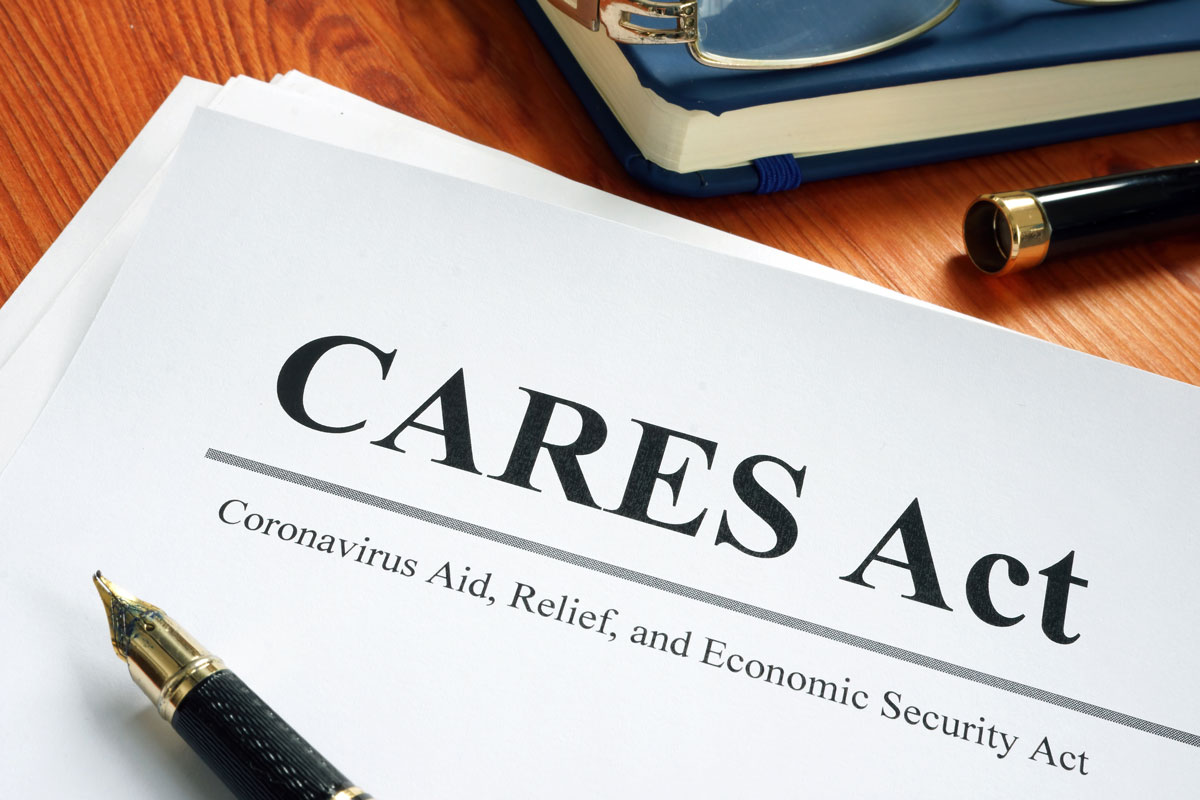

If you have been impacted by COVID-19, you may be eligible for relief to help you pay or delay payment on certain bills. This can help you avoid dings to your score due to late payments at a time when preserving your credit could help safeguard your financial resilience.
“In response to the pandemic, the federal government has taken steps to help consumers protect their financial reputations,” said Matthew R. Osborne, P.C., an attorney in Denver. “The Coronavirus Aid, Relief and Economic Security (CARES) Act includes special protections that alter the way certain creditors report information to the three credit bureaus. These changes have the power to protect consumers who have been negatively impacted by COVID-19 and have made arrangements with their creditors to modify their existing payment schedules.
In response to the unprecedented financial effects of the pandemic, many lenders have created relief options that give consumers a bit of wiggle room if they can’t make their regular payments. The new law requires creditors to report any accounts as current to the credit bureaus as long as the account was current when payment accommodations are made.
Unfortunately, forbearance and hardship programs are not automatic. To take advantage of any benefits, consumers have to apply for them. If you don’t ask creditors about potential accommodations, you cannot benefit. If you have yet to reach out to your creditors, it’s important to do so to learn about your available options.
“Most major creditors have created some type of accommodation program for debtors,” said Osborne. “According to the new law, these accommodations could be an agreement to put a loan in forbearance, to make a partial payment, to modify a loan, or to provide any other type of relief. The goal here is to avoid having late payments added to the debtor’s credit report.”
Since payment history is the most critical factor in credit scores, consumers should try to do everything they can to keep late payments off their reports. The CARES Act provides consumers with an avenue for protecting their credit, so they can qualify for future loans and secure lower interest rates on mortgages, college loans, and small business loans.
According to the CARES Act, if a loan is considered current at the time a debtor makes a modification agreement with a creditor, the creditor must report the loan as current to the credit bureaus. That said, if the loan was considered delinquent at the time of the modification, the loan status will continue to show as delinquent until the account is brought back into good standing. Once the account is brought to current, the creditor is required to report the loan status as current to the credit bureaus.
The CARES Act protections force creditors to follow these guidelines for any agreement made from January 31, 2020, to either July 25, 2020, or 120 days after the COVID-19 national emergency is officially declared over by the federal government. To take advantage, however, Osborne says debtors need to get in touch with their lenders.
“If you want to know whether you are protected by these requirements, contact your lenders,” said Osborne. “Ask how they plan to report your payment information to credit bureaus. Be sure to document every one of your interactions by taking thorough notes and saving screenshots and emails. That way, you will be able to dispute any unlawful activities.”
You can also ask your lender to add a code to your individual credit report to indicate that you were impacted by a declared or natural disaster. While FICO doesn’t consider the codes when calculating credit scores; VantageScore will disregard many late payments for any account with that code. Disaster codes can also make a difference if lenders read your full credit report when making decisions, such as in circumstances requiring hand-underwriting.
About Matthew R. Osborne, PC
For over a decade, Matthew R. Osborne, PC has assisted Colorado consumers in cases relating to car dealership fraud, wrongful insurance claim denials, identity theft, and more. Overseeing hundreds of successful settlements, our seasoned attorneys have litigated more than three dozen consumer cases in trial, making us Denver’s top consumer law-focused firm.
The knowledgeable team at Matthew R. Osborne has served clients from Northglenn and Aurora to Parker and Morrison. We are the Mile-High City’s premier choice for legal representation and expert advice in consumer rights cases.